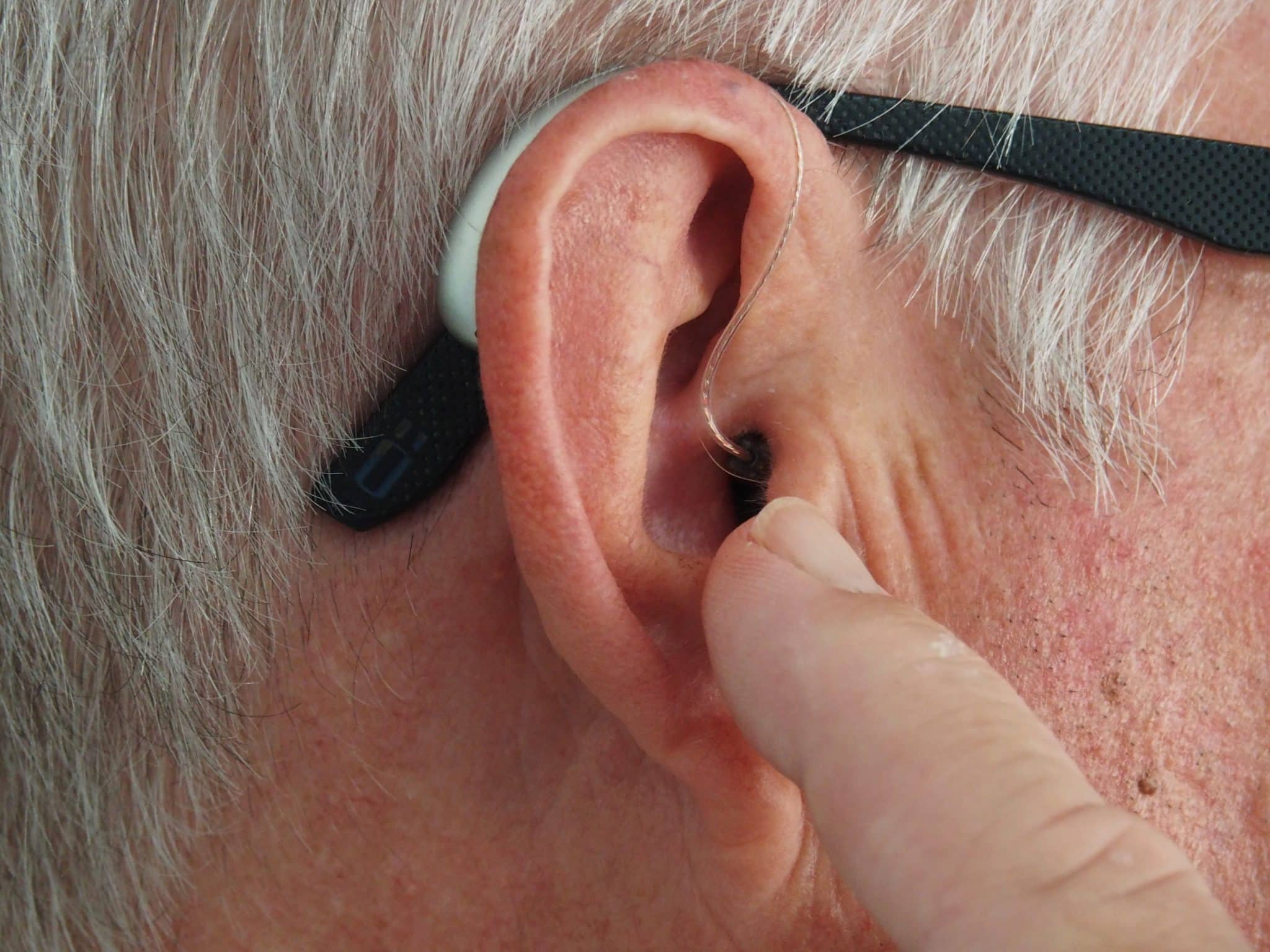Ototoxic Medicine and Hearing Loss
Aspirin, Viagra, and Advil: what do these drugs have in common, you may ask? These and many other prescriptions and over-the-counter drugs are known as
Ototoxic medications that can cause hearing loss.
Ototoxic drugs - literally meaning “ear poisoning” - can lead to a variety of ear-related health problems, such as permanent or temporary
hearing loss, ototoxic tinnitus (ringing in the ears), dizziness, hypersensitivity to sounds, pressure in the ears, balance issues or drug-induced hearing loss.
While there are over 200 Ototoxic drugs on the market today, many people are unaware of the side effects these drugs can have on their
hearing capabilities. Audicus Hearing Aids sheds some light on this topic.
Hearing Loss: The Usual Suspects
Many drugs that we call “Ototoxic” are widely used, such as Aspirin (40,000 tons consumed yearly worldwide). Sadly, some health care providers are either ignorant of this information or otherwise neglect to mention it when prescribing medication. Let’s face it, as consumers, we need to know the facts. Here is a list of the usual suspects:
Medications that can cause temporary damage (reversible once intake stops)
- Salycilates: for pain relief and heart conditions (e.g. Aspirin, Acetaminophen)
- Anti-inflammatory drugs: for arthritis and other pain relief (e.g. Advil, Voltarin)
- Quinine: used for Malaria treatment
- Loop Diuretics: for certain heart and kidney conditions
- Sildenafil: for erectile dysfunction (e.g. Viagra)
Medications that can cause permanent damage
- Aminoglycosides: powerful antibiotics (e.g. Gentamicin, Streptomycin)
- Chemotherapy drugs: for cancer treatment (e.g. Cisplatin, Carboplatin)
- Strong pain relievers: e.g. Hydrocodone in conjunction with Acetaminophen
Even if your medication does not appear on this list, it would be a good idea to ask your doctor if what you are currently taking could be considered Ototoxic and could therefore cause ototoxic tinnitus.
Signs of Drug-Induced Hearing Loss
A large part of the danger of ototoxic medications is that people either fail to recognize the symptoms right away or else attribute them to something else. Ototoxic tinnitus symptoms can occur even in those who have had no previous hearing problems. However, they are usually worse for people already suffering from
Sensorineural hearing loss.
In both cases, it all depends on how long you have been taking the medication and in what quantities. If you are currently under any of these medications, simply be aware of any changes in your hearing capabilities.
If you are beginning treatment and require chemotherapeutic medications, for example, make sure to have an audiologist record a baseline of your hearing and balance, so you can compare any deterioration in your hearing.
As information about ototoxic drugs is not always readily available, it’s important to read up on new research in the field… or you can learn more about hearing and drug-induced hearing loss in Audicus Hearing Aids’ Guide to Hearing.
Sources: Audicus,
ASHA,
Wikipedia
by Patrick Freuler




